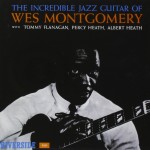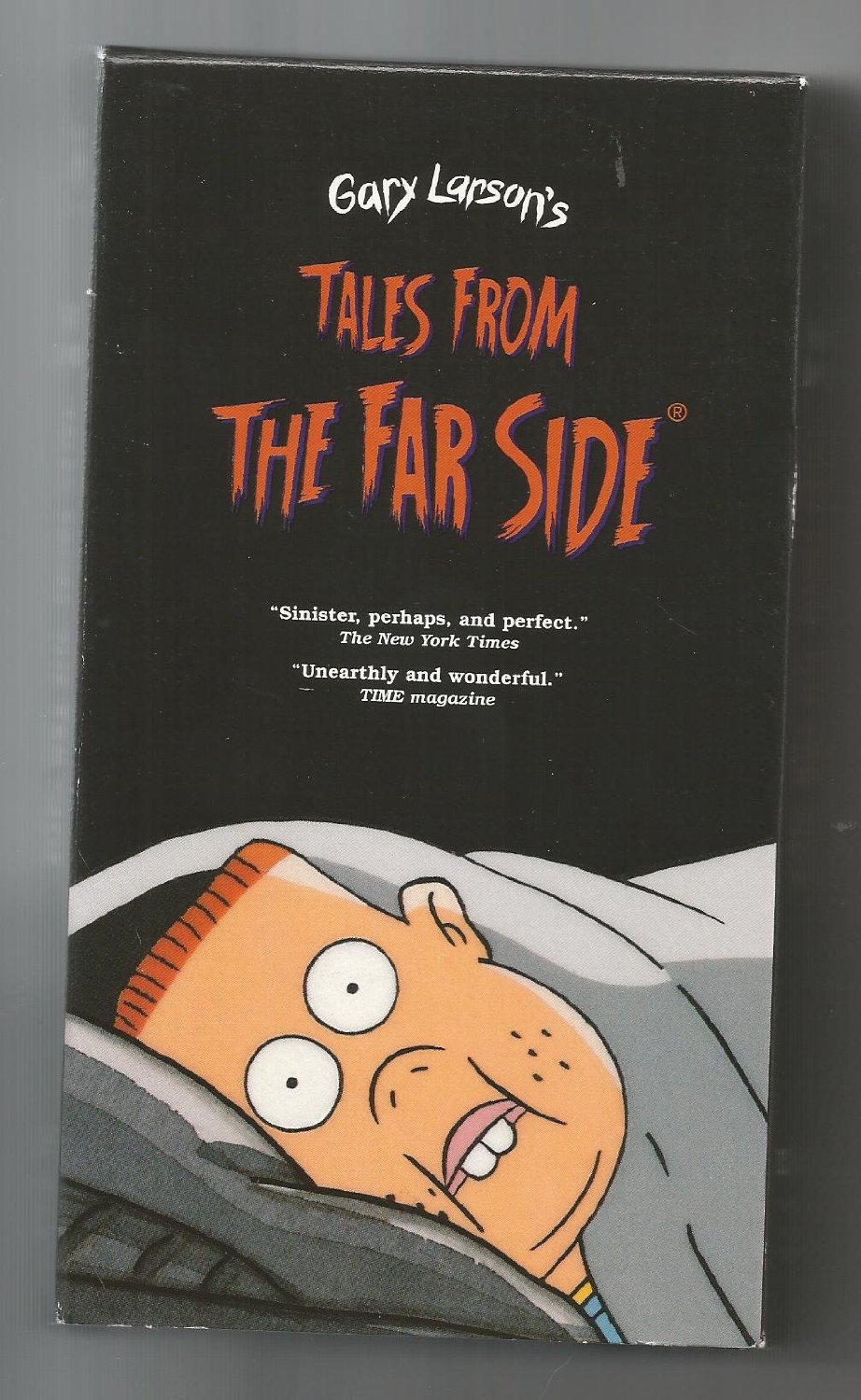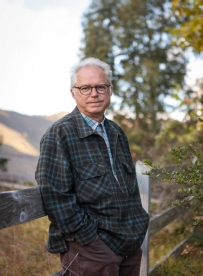Bill Frisell is an acclaimed, eclectic jazz guitarist whose playing has graced a number of solo recordings including the Grammy Award winning album Unspeakable, plus many recordings for the jazz label ECM Records where he served as “house guitarist”, and with the band Naked City with John Zorn.
This interview was for a preview article for Frisell’s 5/16/14 concert at the Lobero Theatre in Santa Barbara, a concert focused on the music of John Lennon, which inspired a Beatles-related focus to the interview.
Jeff Moehlis: It’s fitting that you’re playing the music of John Lennon during the fiftieth anniversary year of The Beatles coming to America. Did you happen to catch them when they performed on The Ed Sullivan Show way back then, and if so, what impact did that have on you?

Bill Frisell: Yeah, I did see them on The Ed Sullivan Show. It was definitely a life-changer for me. I was twelve years old, and I was already getting fired up about the guitar. I was listening to surf music, The Beach Boys, and kind of lusting after guitars anyways. I was just at a perfect age. It was just absolutely mind-blowing to have that happen right at that moment.
I remember so clearly, I think it was right before they were on the show, it was either Time magazine or Life magazine – my parents had a subscription to one of those magazines – and I remember seeing this picture. There was sort of a small article about these guys in this band coming, and I just remember thinking, “Wow, they look so weird. Their hair is so long.” It was crazy!
It just seemed like from the next day at school, after they were on TV, everybody was talking about them. Everybody wanted to play the guitar. I really think of that as one of the strongest moments that got me going with music. So it’s huge.
JM: Did you ever consider pursuing a more, shall we say, rock ‘n’ roll, Beatles-esque direction on guitar?
BF: That’s how it started. That’s what I wanted to do. It was about a year later, I saved up my money and I got an electric guitar. At that time, as soon as you owned an instrument basically you were in a band. I think I did a gig, we played at a party just weeks after I even bought the guitar. You know, my friend got one and we all started playing. We knew three songs, and we played in somebody’s basement. I just kept doing that.
But what blows my mind is how fast things were coming at me. From hearing that music, and then maybe a year later I was listening to The Rolling Stones, all these British bands that were playing blues music. Even The Beatles, I didn’t realize the music they were playing, a lot of it was coming from earlier sources in the United States. Chuck Berry, Little Richard. I guess pretty quickly I figured out that that was happening, that there was blues.

And then, within a couple of years I heard Wes Montgomery and Jimi Hendrix, and then that led to Miles Davis and Sonny Rollins and all that stuff. That’s really crazy, when I think that I heard The Beatles on The Ed Sullivan Show and then within three or four years I heard Wes Montgomery. So that’s how fast the stuff was coming at me.
JM: When you’re playing the music of John Lennon now, how do you achieve the right balance between being faithful to the original songs and using the songs as a basis for improvisation?
BF: With this band, we are staying absolutely true, at least in my mind [laughs]. I’m not trying to destroy the song or change the song. I’m approaching it just as I would any music. I’m using, as close as I know, everything that I know about the song.
I think what happens, the transformation is the language that the band has developed over… These guys I’m playing with, we have a long, long history, so we don’t really have to talk about it, there’s no fixed arrangement or any preconceived plan. But we all know the songs, and every time we play the song we’re deeper and deeper into it. I guess what changes it is the sound of us going through that process, somehow.
To me, the songs are just perfect as they are. There’s so much to draw from. The basic structures themselves, sometimes they’re very simple but sometimes they’re very unusual. The harmonies, the melodies – awesome and beautiful. And then you have the words, and the sound. Sometimes I’m hearing the words in my head, which gives extra weight to it. So you hear the sound of the voice, whether it’s The Beatles, the harmonies, them singing together, or just the sound of John’s voice. It gives you so much ammo, you know. It’s just so rich, what we can draw from and be inspired by.

JM: I have to ask you about your involvement with [Gary Larson’s TV special] Tales From the Far Side. I remember enjoying that when it first came out. How did you get that gig?
BF: It’s amazing the way these things go.
Jim Hall, the guitarist who just passed away this past year… it’s weird thinking back. Like when you’re talking about The Beatles, all these memories come flooding back. Maybe I’m going way too far. I’m thinking about even Charles Lloyd – I know that he lives in Santa Barbara. That’s veering way off the subject, but not really. There was this time when so much happened.
Jim Hall was gigantic. I discovered his music only three or four years after hearing The Beatles. I heard Charles Lloyd, and I heard Paul Motian. I heard all this stuff that became part of my life. I never dreamed that I’d get to meet these people or play with them. But I found a teacher in Denver who was friends with Jim, and I met Jim Hall just as I was getting out of high school. And then a couple of years later I was able to take lessons with him. Years and years later I got to play gigs with him.
Anyway, what I’m getting at is that Jim was close friends with Gary Larson. So I moved to Seattle, where Gary Larson lives, and Jim came for a gig and he introduced us and we hit it off right away. Gary plays guitar – he had studied with Jim also. So I started going over to Gary’s house, we would just play tunes and stuff, playing music together.
Again, it was just this perfect timing thing. I had just done this music for the Buster Keaton films, which was my first attempt with trying to do anything with film. Then, it was a couple of years after that that Gary asked me to do this thing. I had just enough… not even hardly experience, but at least I wasn’t terrified at the prospect of trying to do that. Also, what was amazing about Gary’s thing is that there’s no dialog, it’s all visual. So the music had a lot to do with telling the story. That was an incredible experience doing that with him.
JM: I have to ask, there’s a scene with the cowboys around the campfire singing, and one turns out to be an alien. Were you a part of that scene?
BF: Yeah, that was us playing. You’re reminding me… I haven’t seen it for years now. I’ve got to go watch it again. You’ve got me fired up. I don’t think I’ve seen it since soon after it came out.
JM: What advice would you give to an aspiring musician?
BF: I’m asked that a lot. The music always tells you what to do. It always tells me what to do. And as long as I follow that, there’s never a question of what to do next. You play one note and it automatically suggests the next note. It’s an amazing thing. You just follow it along.
I think the only thing I can say is if you love it, it won’t turn on you [laughs]. That’s not the right way to put it… You shouldn’t have to ask what to do, because the music itself tells you what to do. I think where we get in trouble is with all the outside… I know we have to think about money and all that stuff, but that’s where it gets dangerous sometimes. If you’re thinking of things other than the music itself, it can take you out of it. That’s what I’ve always tried to avoid. Just loving it, for me from the first moment I just can’t imaging doing anything else. So there’s never been a question of what to do.


Discussion
No comments for “Interview: Bill Frisell”